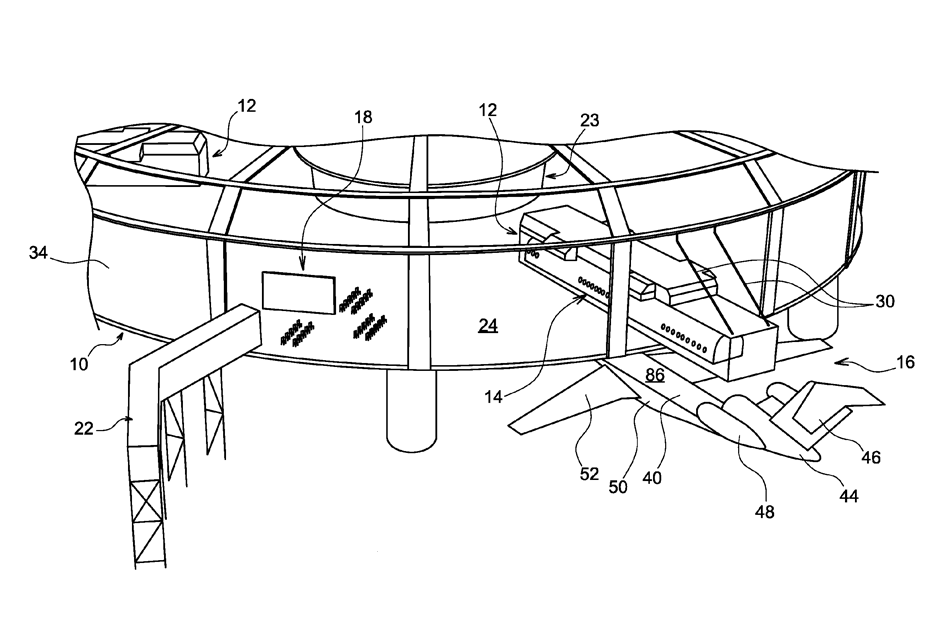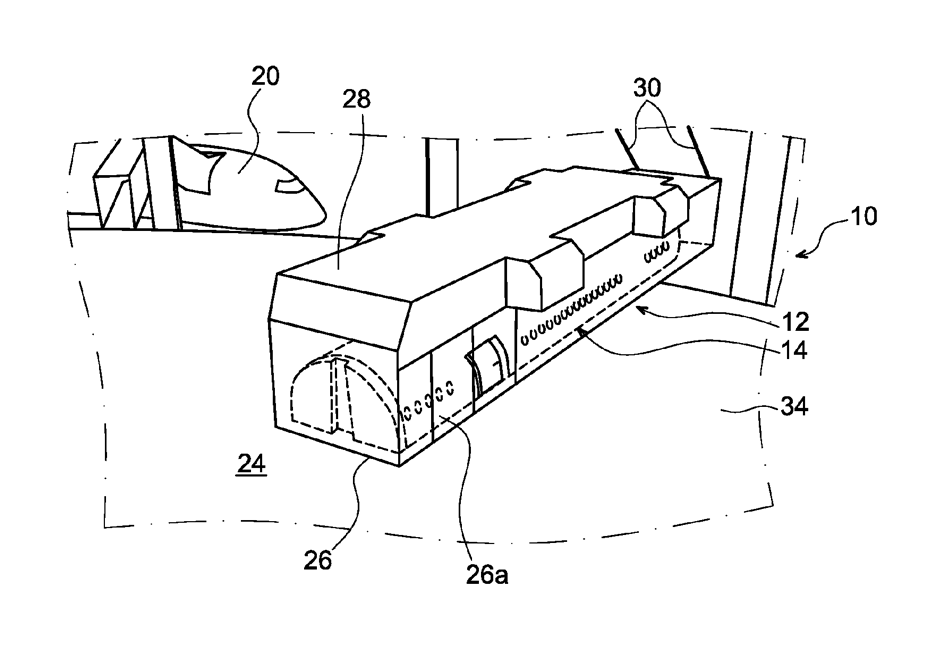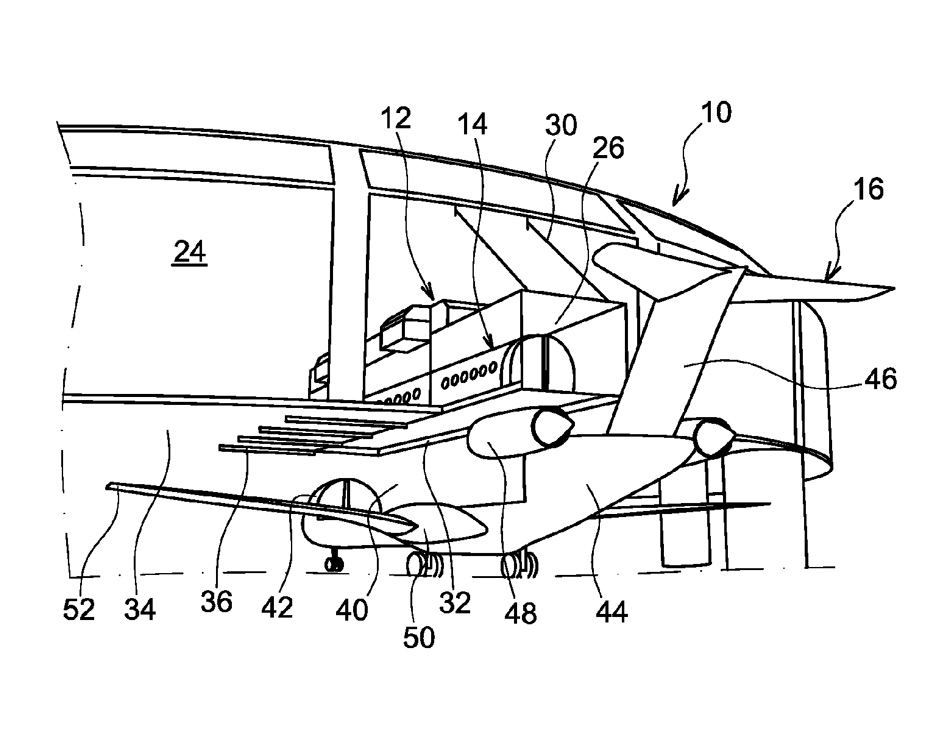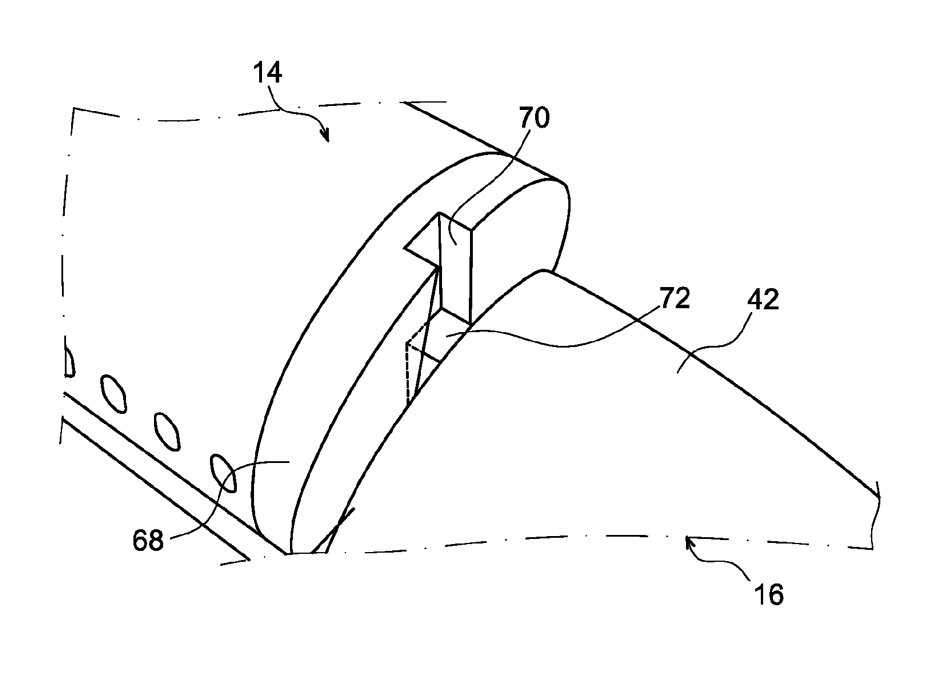Airbus patents removable aeroplane cabins for faster boarding
Plane manufacturer Airbus has continued its run of unusual patent filings, proposing a detachable passenger cabin designed to speed up embarkation.
Diagrams included in the document – which was approved by the United States and Patent Trademark Office on 24 November 2015 – show how a flat-bottomed cylindrical section of the cabin could be removed from the aeroplane.

Using a docking module, this would then be transported across the runway and to the airport for passengers to board. Once everyone is in their seats, the cabin would then be taken back to the aeroplane and slotted into place, ready for take off.
The patent document suggested that this could be used for passengers or freight, and said that "immobilisation time of the aircraft" could be reduced by boarding passengers onto a removable cabin.

"Transferring a payload in a commercial aeroplane requires that the aeroplane is immobilised on the ground," said the patent document.
"This is the case when boarding passengers, but also when loading their luggage, or again when loading freight. In addition, settling passengers in their respective seats in the aeroplane may lengthen the aeroplane's period of immobilisation."

According to Airbus' document, long waiting times not only cost more, but increase flight times and fuel consumption. Separating the cabin would allow the aeroplane to undergo maintenance and checks while passengers board.
"In addition, the boarding method makes the presence of waiting rooms in the aircraft building superfluous, and thus makes possible substantial economies in terms of area," added the document.
It's the latest in a series of unusual patent filings by Airbus. In 2014 the company applied for a patent on bicycle-style seats that would replace seat cushions with saddles.

Another design filed by the company proposed two-storey passenger seating that would make the most of unused cabin space by stacking travellers one on top of another.
Other unusual proposals for aeroplanes include cabins that would be rendered "see-through" with flexible screens built into the fabric of the interior, and long-distance aircraft with wings that blend into its body.